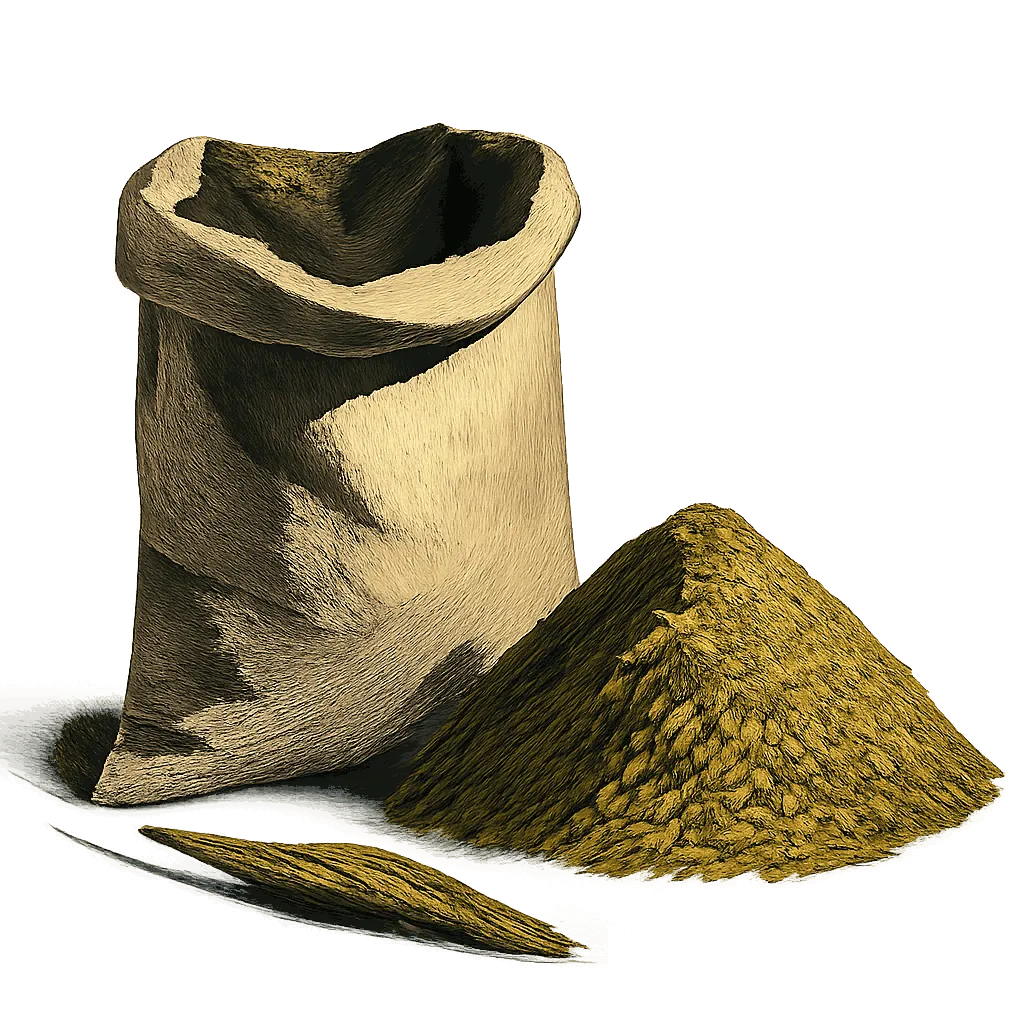Perfect Pairings & Recipes for
Freekeh

Exquisite freekeh flavour pairings and recipes, revealed through data science.
Freekeh instantly conjures the embrace of smoke and the kiss of char, but beneath its sweet surface lies a nuanced symphony of subtle flavour notes: toast, wheat, and even hints of cut grass that contribute remarkable depth. The key to finding the perfect pairing for freekeh is understanding how these notes harmonise.
Flavour Profile Of Freekeh Across 150 Dimensions Of Flavour
Disagree with any of the scores? Click on the wheel to edit the underlying flavour profile. Your contributions help us develop the most accurate flavour profiles possible, increasing the quality of our analysis.
Unlocking Flavour Combinations
To understand how flavour notes harmonise, we examined over 50,000 ingredient pairings, decomposing each ingredient into its constituent flavour notes. By analysing which notes co-occur across successful combinations, we identified patterns of association that underpin culinary harmony.
The Flavours That Harmonise With Smoky Notes
Strength of Association Between Flavours
The flavours most associated with smoky notes are: Tomato, Bay leaf, Sulfurous, Penicillium, Garlic, Celery, Bean, Acetic, Fenugreek, Poultry.
Flavour Profile Of Freekeh And Its Complementary Flavour Notes
Disagree with any of the scores? Click on the wheel to edit the underlying flavour profile. Your contributions help us develop the most accurate flavour profiles possible, increasing the quality of our analysis.
What To Drink With Freekeh
How Flavonomics Works
We've pioneered a unique, data-driven approach to decode the intricate art of flavour pairing. Our goal is to move beyond intuition and uncover the science of why certain ingredients harmonise beautifully. This rigorous methodology allows us to provide you with insightful and reliable pairing recommendations.
Our analysis begins with over 50,000 carefully selected recipes from acclaimed chefs like Galton Blackiston, Marcello Tully, and Pierre Lambinon. This premium dataset ensures our model distils genuine culinary excellence and creativity.
Each ingredient from these recipes is deconstructed across 150 distinct flavour dimensions, creating a unique numerical "flavour fingerprint." This quantification allows us to apply advanced analytical methods to identify complex patterns between flavour notes.
We identify popular ingredient combinations that frequently appear in our recipe database. Regression analysis is then performed on these pairings to statistically validate and pinpoint truly harmonious flavours.
These insights drive our predictive model, which allows us to take any ingredient (e.g., Freekeh), analyse its detailed flavour profile, and accurately reveal its complementary flavours and perfect ingredient partners.
Explore More
Discover more ingredient profiles and expand your culinary knowledge. Each ingredient page offers detailed analysis of flavour profiles, pairing insights, and culinary applications.
The information presented here is generated by our automated analytical pipelines. When an ingredient's flavour profile is updated, the analysis is updated automatically.
.webp)

